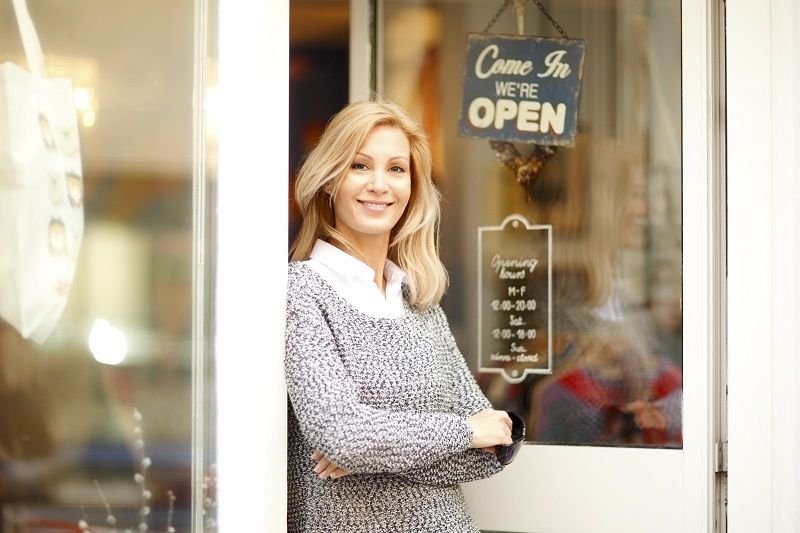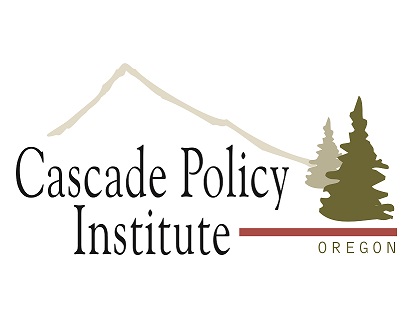

Thanksgiving is the quintessential American holiday. We learned in grade school that it evolved from celebrations the early Pilgrims held to commemorate their bountiful harvests at Plymouth colony in the 1620s.
What we didn’t learn in school is that nearly half of those Pilgrims who sailed here from England on the Mayflower died of starvation in their first winter of 1621. In fact, the governor of the colony, William Bradford, wrote that the colonists went hungry because many refused to work in the fields.
It seems that Plymouth colony had the equivalent of a modern-day socialist economy. Land and crops were held in common, and food was distributed based on need, not on production. The most able young men complained that they were asked to work hard for the benefit of other men’s families.
Finally, after the poor harvest of 1622, Bradford decided to give each household its own plot of land. They could keep what they produced, or trade their crops for things they needed. The result was a truly bountiful harvest in 1623, and in the years that followed. It was instituting private property and a free market economy at Plymouth and other colonies that led to our annual Thanksgiving celebrations.
So, this Thanksgiving, let’s teach our children an economic lesson that the Pilgrims had to learn the hard way: Socialism is a recipe for scarcity and starvation. Private property and free markets lead to prosperity and plenty.
© 2006, Cascade Policy Institute. All rights reserved. Permission to reprint in whole or in part is hereby granted, provided the author and Cascade Policy Institute are cited. Contact Cascade at (503) 242-0900 to arrange print or broadcast interviews on this topic. For more topics visit the QuickPoint! archive.











